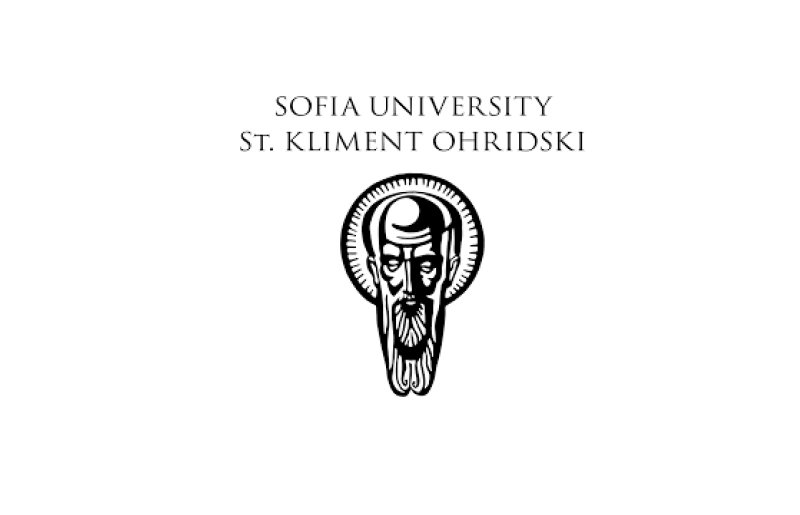|
|
|
| Address | 15, Blvd Tsar Osvoboditel, 1504 Sofia, Bulgaria |
|---|---|
| Platforms | Biomarkers, Small Molecules |

Sofia University “St. Kliment Ohridski” (SU) is the oldest and most reputable Bulgarian University founded in 1888. As an educational and research public institution, it is the only Bulgarian higher education establishment that has invariably been included in the prestigious QS World University Rankings and EECA QS University Rankings since 2012 based on academic, scientific and employer reputation, national and international student-to-faculty ratio, citations per faculty. SU is the largest and most science intensive academic hub in the country with 16 faculties and over 110 special subjects being taught.
The mission of Sofia University is to develop the scientific, educational and cultural potential of Bulgaria, whereby the new emphasis is on creating models for social development both by revealing the intrinsic ability of institutional change and the social results of such a change: this comes as a new level of scholarly production, of social outcome, and of social expertise. The implementation of such a mission is in direct relationship with the strategic aim for scientific development of Sofia University.
The University maintains bi-/multilateral agreements with more than 80 universities from various countries, participates in hundreds of international projects of different types and has established contacts with scholars from all over the world. Sofia University is the leader in the country in terms of number of participants in students’ and lecturers’ mobility and the implementation of the idea of European space in the domain of university education. With the signing of the Erasmus Сharter in 2007 and Bulgaria being a full-fledged member-state of the EU, the University continues its active participation in the implementation of the updated Lifelong Learning Programme.
Within the framework of Sofia University there are several independent units: the University Library, the University Press with a printing house, a University Center for Information and Communication Technologies, a Science Research Sector, the University Botanic Gardens. There are also several centers among which a Career Center; EURAXESS center for the Mobility of Scholars; a Cisco Net Academy at Sofia University; Test Centre for the Oxford Test of English; the French-German Center for Applied Research in Economics and Management; the Center for Online Education; the University Center for the Management of Quality; the Center of the Technologies of the Information Society; the Center for Economic Policy and Scientific Research; the High Technology Business Center at Sofia University St. Kliment Ohridski. The Alma Mater radio and TV stations have regular broadcasts.
Main educational and research training providers in the field of natural science and biomedicine are the Faculty of Biology, the Faculty of Medicine and the Faculty of
Chemistry and Pharmacy. The Faculty of Biology (FB) is hosted in its own campus with a new established Center of Competence on sustained utilisation of bioresources and encompasses 13 departments with 14 professors, 46 associated professors, 60 assistant professors, administrative and technical staff. FB offers high-quality educational programs covering the full range of biological disciplines with over 2000 students, being one of the oldest and largest faculties in the country. It is the main national provider of education and academic training in the field of Biology and Biotechnology disciplines. Research and development in the structural units is focused on fundamental and applied areas of biology such as plant and animal biology and physiology, histology and embryology, cell and developmental biology, microbiology and virology, plant biotechnology.
Scientific teams from the Faculty of Biology lead or participate in dozens of projects funded by NATO, 5, 6 and 7 of the EU Framework Program, INCO / Copernicus, TEMPUS, Socrates, Da Vinci, COST programs. Within the framework of this cooperation there is an intensive transfer of know-how and mobility exchange of teachers, consultants and experts, organization and participation in international scientific forums, publications in renowned scientific journals, participation in editorial boards of national and international scientific journals. The Faculty of Biology is Co-Founder and Coordinator of a public-private consortium INFRAACT which represents a distributed infrastructure supported by the government through the National Roadmap for Research Infrastructures 2017-2023 and 2020-2027. As part of the NRRI complexes the main goal is to foster translational research in cell biology, biotechnology and molecular biomedicine through building-up infrastructure capacities in Bulgaria. The priority importance of the field for innovation and technological development of the healthcare sector in Bulgaria is defined in the National innovation strategy for smart specialization and associated documents. Partners of INFRAACT are institutes of the Bulgarian Academy of Sciences, NGOs and SME providing services in reproductive medicine and ART, private stem-cell banks. The technological uniqueness of the RI stems from the deep and complex interdisciplinary approach applied in its development strategy, allowing for systems biology methodology in the analysis of phenomena like stem and pluripotent cell differentiation and reprogramming, tumor immune surveillance escape, genome editing, etc. Within the consortium Master and PhD students benefit from joint study and research programs. They can benefit from shared scientific and clinical supervision in IVF clinics and private laboratories licensed according the National law. In an industrial environment students are introduced to high-end technology equipment and advanced facilities for routine human embryology work and micromanipulation of patients cells and other biological samples, new-generation genetic analyses, cryopreservation and maintenance of human reproductive and stem cells in completely controlled conditions.
Conclusion of the preparatory phase of INFRAACT is scheduled by the end of 2021 which is supported by governmental budget of total 3 mln. Euro allowing most relevant technological upgrade through open tender procedures, synchronization between the individual partners and preparedness for operational activity of several distributed platforms for fundamental and applied Cell- and Omics- technologies, Bioinformatics as well as Cryopreservation.
















